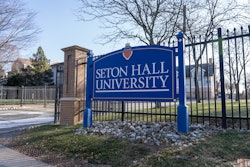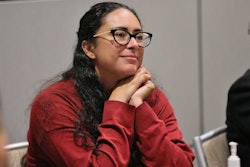 Dr. Ted Mitchell
Dr. Ted Mitchell
The report, "Pathways to Opportunity: Examining Students' Academic and Economic Outcomes at HBCUs, TCUs, and MSIs," found that these institutions consistently outperform non-minority serving institutions in awarding degrees to their target populations and providing pathways to economic success for underrepresented students.
"HBCUs, TCUs, and MSIs play a fundamental role in expanding access to higher education and economic opportunity," said ACE President Dr. Ted Mitchell. "Despite facing significant resource constraints, these institutions consistently deliver strong outcomes, equipping students with the tools they need to thrive academically and professionally."
The analysis revealed that institutions receiving federal funding through MSI designations provide better outcomes compared to eligible institutions that don't receive funding, with both groups showing stronger results than non-MSIs. For example, the average graduation rate for Pell Grant recipients at funded HSI STEM institutions was 45.2%, compared to 42.5% at eligible but unfunded institutions.
Labor market outcomes were equally impressive. Graduates from funded MSIs experienced significant economic benefits, with median earnings often higher than peers from similar institutions. Among four-year institutions, funded ANNHSIs (Alaska Native and Native Hawaiian-Serving Institutions) saw 68.9% of their former students earning more than high school graduates, compared to just 56.6% from eligible-but-unfunded institutions.
The degree attainment gap between MSIs and non-MSIs was particularly striking. HBCUs awarded an average of 455 bachelor's degrees to Black students, compared to 146 at non-MSIs. Hispanic-Serving Institutions awarded an average of 944 bachelor's degrees to Hispanic students, compared to just 166 at non-MSIs.
"Our study demonstrates the vital role that these institutions play in expanding educational access and fostering economic mobility for students," said Mike Hoa Nguyen, principal investigator at the MSI Data Project and assistant professor of education at New York University. "What makes this study particularly significant is that it offers a more comprehensive approach—examining MSIs that are often overlooked in research and distinguishing between institutions that are funded, eligible, and non-MSIs."














